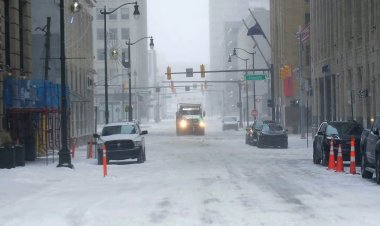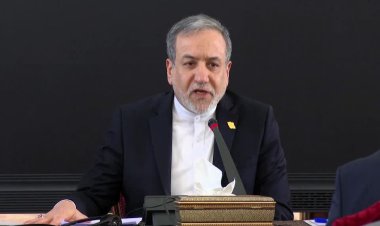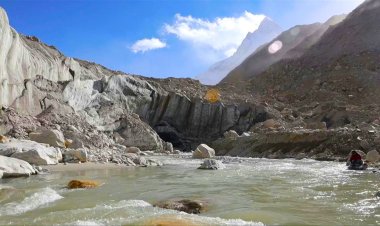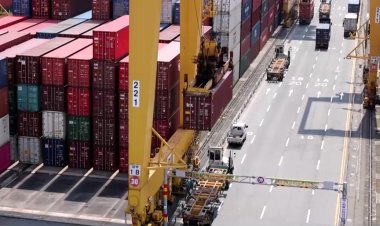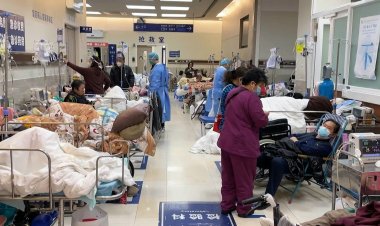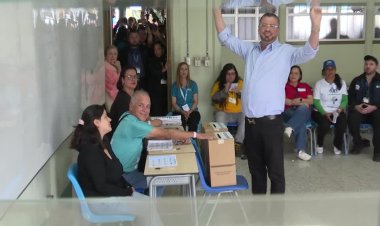Famine looms on doorstep of DRC capital
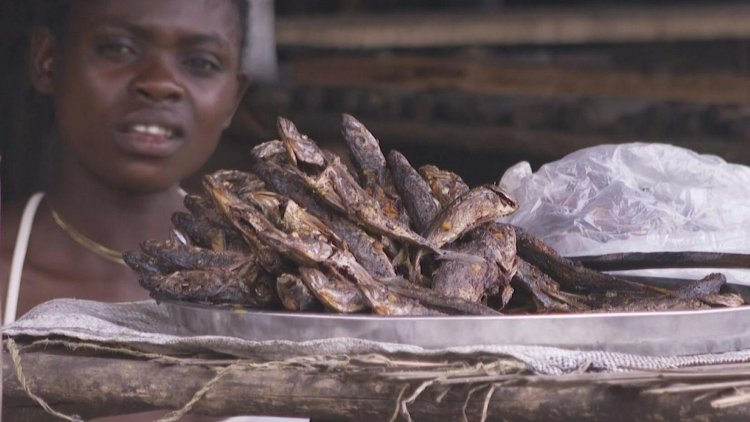
"It's hard to eat here. There are no fields and no food. Life is hard," says Albertine Nzale, traditional chief of Kinduti, on the outskirts of the Democratic Republic of Congo capital, Kinshasa.
The village sits at the end of a bumpy track through the savanna outside the largest city in the Democratic Republic of Congo.
There are no grain stores in its straw-roofed huts, no crops or farms along the 35-kilometre (22-mile) dirt road through the grassland. Just men pushing ancient bikes loaded with sacks of charcoal under a sweltering sun.
Albertine, 80, is worried for the village's future and wants help.
"We don't have a school or a hospital," she says. "We need tools and farm machinery to cultivate the land."
Most people here struggle to find enough food, locals said.
In November 2021, the UN's World Food Programme (WFP) and Food and Agriculture Organisation (FAO) said the food crisis in the DRC touched a quarter of the vast country's population -- nearly 27 million people.
And those suffering were not just in the country's conflict zones in the east, but in and around the capital to the west.
Kinduti nurse Neron Mokili acknowledges that wild pigs sometimes destroy land around the village. But he also blames the food shortage on "lazy and impatient" locals who prefer to produce charcoal rather than till the soil.
Traditional chief Fely Moba, 58, takes a more nuanced position.
"Not everyone in Kinduti owns land they can farm. They have to buy food from the people who do own the land. Except most people haven't got enough money," he explains.
Covid restrictions -- lockdowns, curfews, markets shutting down -- have added to the economic woes of this already fragile region.
Last year, the WFP teamed up with UN children's agency UNICEF and the government to help locals buy food. Between March and December 2021, they gave at least $402 (354 euros) in cash to 21,000 households.
The project, which helped feed 130,000 individuals, aimed to "change people's lives and make them more independent", Mathilde Vaultier, WFP director for the Democratic Republic of Congo, said.




